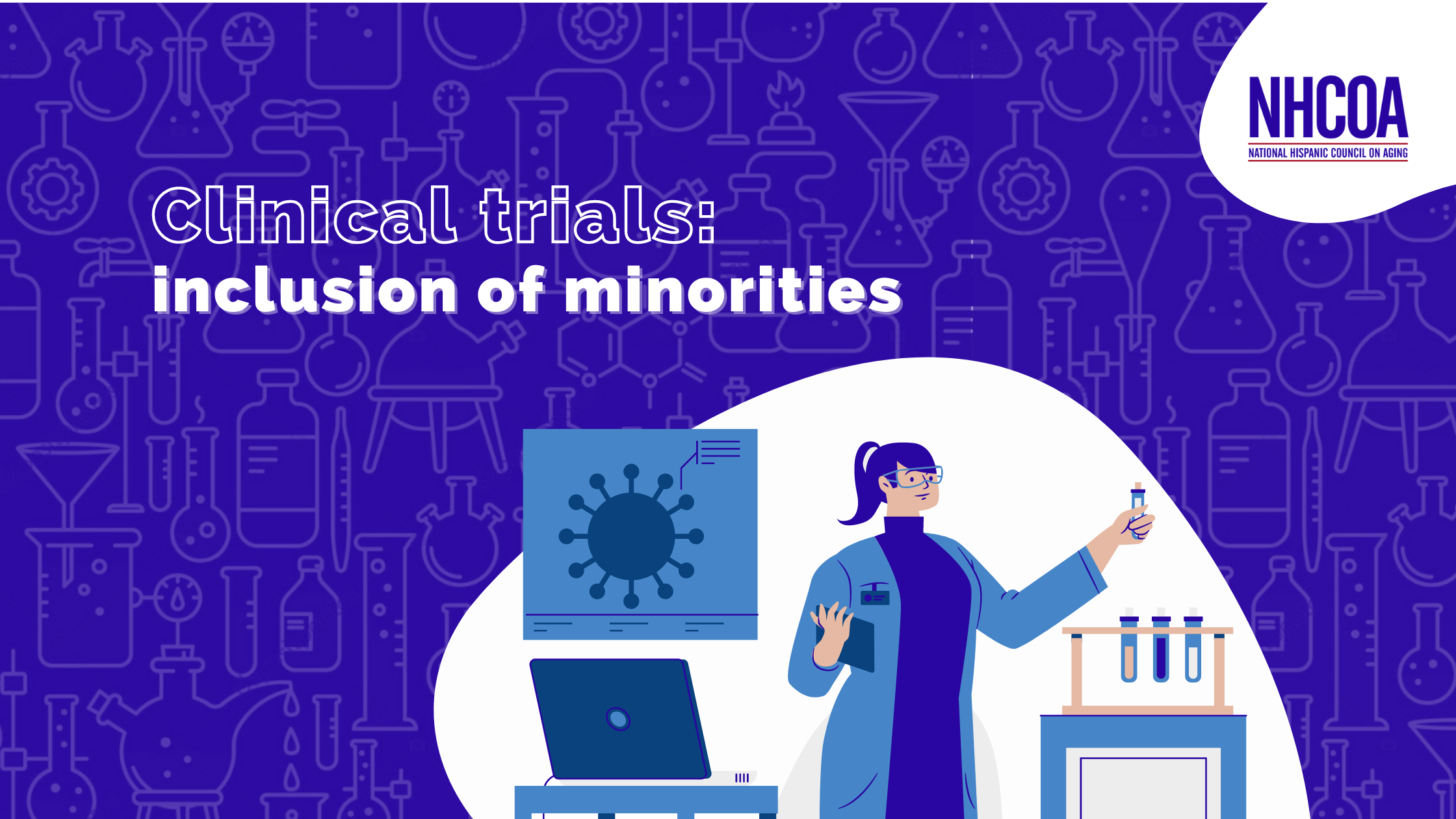This article originally appeared on the NHCOA blog.
Health care must always meet the best standards in order to care for the population, and this can only be achieved through informed and accurate decision-making based on the results of health studies. Health care requires clinical research to find new and better treatments for diseases such as diabetes, cancer, heart conditions, etc.
Research ensures that treatments and medicines are based on scientific evidence and it ensures the safety and effectiveness of drugs. Clinical trials and research participants should be representative of the diversity of the country’s demographics, however, data show that some communities are often left out of health research.
When we look at health research on diseases that disproportionately affect communities of color, again we see underrepresentation of communities of color among participants. While a large number of Latinos are diabetic and suffer from heart disease, a study published in the Journal of the American Heart Association, found that Latinos only made up 11% of the 300,000 participants in cardiovascular and diabetes drug trials over the past decade. Blacks only comprised 4% of these participants. These numbers are extremely low numbers compared to the high rates of people in these communities who suffer from these diseases.
Another study published by The Journal of The American Medical Association describes the difficulties that researchers face in recruiting people of color for clinical trials, specifically with regards to the new coronavirus.
Situations such as physical distancing, changes in protocols for seeking medical treatment and fears related to immigration status or simply lack of trust in research, are aggravating the recruitment of tens of thousands of people of color for clinical trials.
Diversity within health research is imperative now more than ever. With the arrival of the COVID-19 pandemic, it is important that all races and ethnicities are represented and take part in the studies that that seek to prevent and eradicate the spread of the virus, especially because these communities are disproportionately affected by this virus. Representation must always remain within all research seeking to learn more about and increase knowledge on other recurrent diseases.
NHCOA encourages Hispanics and Black to participate in health research. Additionally, we strongly urge pharmaceutical companies and health researchers to continue efforts to expand racial and ethnic diversity within clinical trials and increase awareness of the best treatments that will positively impact the quality of life of all people in the United States.
To learn more about clinical trials and ways to participating in them, you can visit the following links:
- Clinical Trials
- American Cancer Society
https://www.cancer.org/treatment/treatments-and-side-effects/clinical-trials.html
References:
JAMA NETWORK:
https://jamanetwork.com/journals/jama/fullarticle/2769611
Univisión:
The opinions expressed in this article are those of the author and do not necessarily reflect those of the Diverse Elders Coalition.


